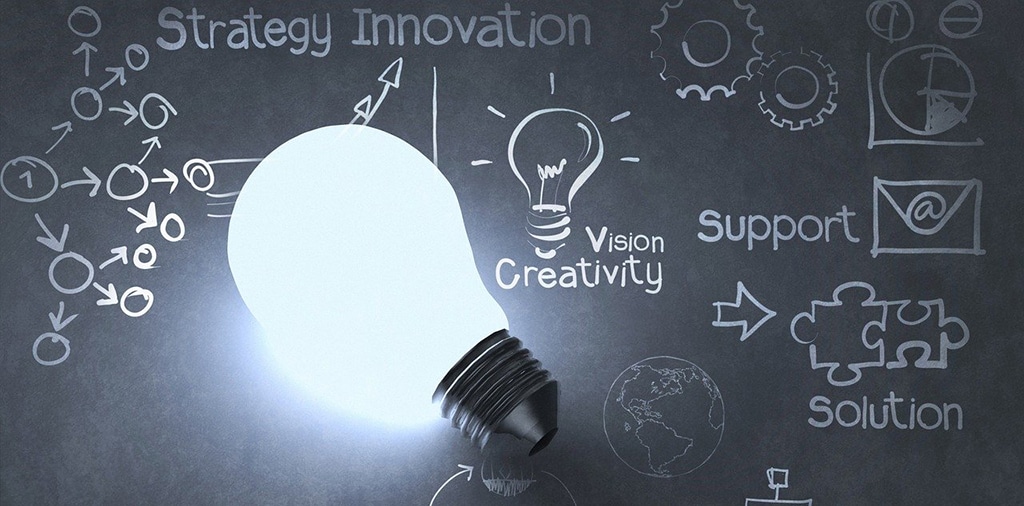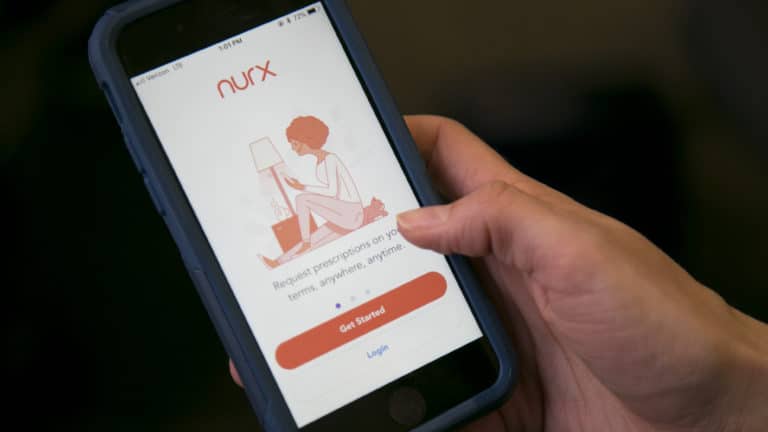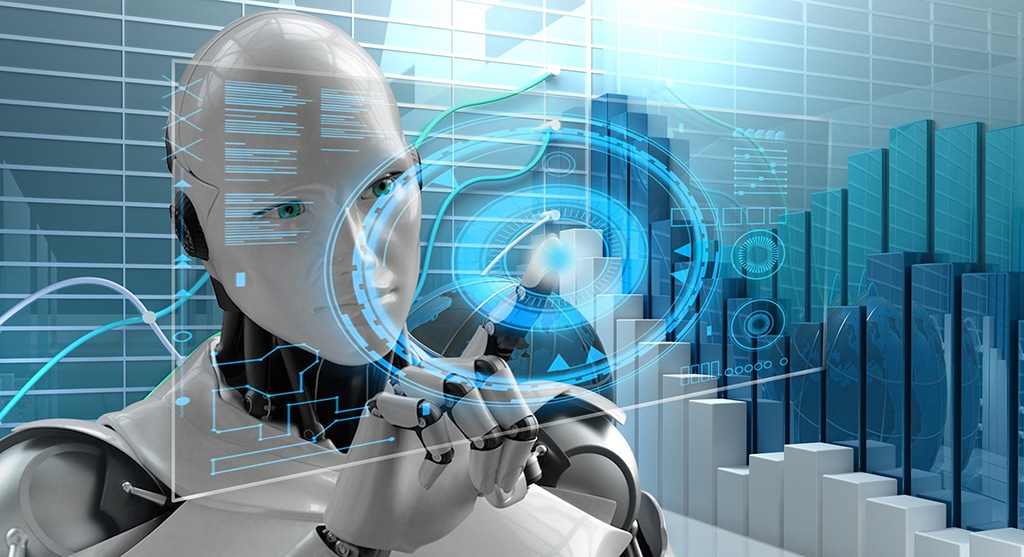From chatbots to handle common queries to predictive search engines, artificial intelligence is making things happen that were once the stuff of science fiction. Here are some of the most awesome ways in which AI is changing life as we know it.Stephen Hawking predicted:“Computers will overtake humans with AI within the next 100 years. When that happens, we need to make sure the computers have goals aligned with ours.”The prediction seems gloomy and still far from the truth. But the digital era is rapidly evolving into the Artificial Intelligence (AI) era. Machine learning, big data, and deep learning are already changing the way we live and interact with our environment.On one hand, people are worried that the AI wave will rob their jobs and livelihoods and on the other hand, they are
Topics:
<title> considers the following as important:
This could be interesting, too:
Wayne Jones writes Beyond Hacks: Vitalik Buterin Calls for Wallet Solutions to Address Crypto Loss
Bilal Hassan writes DekaBank Partners with Boerse Stuttgart for Crypto Trading
Chayanika Deka writes Internal Conflict at Thorchain as North Korean Hackers Leverage Network for Crypto Laundering
Bilal Hassan writes Dunamu Files Lawsuit Against FIU Over Upbit Sanctions
From chatbots to handle common queries to predictive search engines, artificial intelligence is making things happen that were once the stuff of science fiction. Here are some of the most awesome ways in which AI is changing life as we know it.
Stephen Hawking predicted:
“Computers will overtake humans with AI within the next 100 years. When that happens, we need to make sure the computers have goals aligned with ours.”
The prediction seems gloomy and still far from the truth. But the digital era is rapidly evolving into the Artificial Intelligence (AI) era. Machine learning, big data, and deep learning are already changing the way we live and interact with our environment.
On one hand, people are worried that the AI wave will rob their jobs and livelihoods and on the other hand, they are excited about how the new technology can change our lives for better.
Artificial Intelligence Impact on Education

Photo: Pixabay
Artificial intelligence has made interdisciplinary studies a breeze. It allows education to be personalized according to each student’s needs. Several apps have harnessed the ability of AI to recognize patterns in the information students’ look for and the type of content they prefer. Mapping online movement or footprints of students helps them create a holistic learning trajectory for each student.
Clever coding and AI algorithms can provide greater flexibility to students that traditional classrooms lack. They allow students to choose subjects and topics based on their interests and fill the gaps in their knowledge and skills as required. It brings together the best of homeschooling concepts (where kids are allowed to follow their respective paths freely) and the concept of traditional schools (where they learn about the latest and most relevant knowledge, skills, practices, and trends in their chosen path).
Artificial intelligence-enabled e-learning platforms can tailor education offerings based on the learning styles of children and offer them content best suited for them. Students may read textbooks or watch video lectures or even do experiments in online laboratories using VR (Virtual Reality) and AR (Augmented Reality) technologies. They can determine the degree of involvement they want from their teachers or parents. Advanced analytics can be used to monitor the learning graph of a student and offer them recommendations on what to do next.
AI-based virtual simulation and gaming concepts make even the most rigorous courses like medical education and flying training interesting and fun.
AI is Revolutionizing Medical Diagnostics and Triage Processes

Photo: STAT
The importance of the triage process has become clear in these times of the Corona pandemic. In this process, patients are sorted depending on who needs immediate medical treatment and who is likely to recover without medical intervention. In cases of wars or disasters or emergency rooms, the triage process can help in freeing up medical resources and maximizing the number of survivors.
NYU researchers have recently developed an AI tool to predict which of the newly diagnosed COVID-19 patients are likely to develop severe respiratory problems. More than 80% of the novel coronavirus victims seem to have mild symptoms while only a handful need oxygen and prolonged ventilation. This speeds up the referral process for urgent cases. This tool can also help physicians decide which patients will really need beds and hospital resources and which ones can be sent home safely.
AI-based diagnosis can process images data from diverse sources, such as;
- Electrocardiogram (ECG),
- Echocardiogram (Echo),
- Mammography,
- Pathology slides,
- OCT, CT, and CA, etc.
to come up with medical conditions a patient could be suffering from quite accurately.
Today, when there is such a shortage of doctors and medical staff, AI-based health tools are making medical treatment and monitoring more accessible and affordable. Some of the AI-based applications that seem to be the future of our medical field include:
- Telemedicine and telehealthcare
- Remote patient monitoring
- Diabetes management
- Smart homecare systems
- Software as a medical device
- Commercial genetic testing
- Digital therapeutics and digiceuticals (in which patients receive real-time guidance based on the sensor he/she wears and the info he/she provides).
AI is Changing the World of Finance and Business

Photo: Piqsels
Artificial Intelligence is helping banks and credit lenders to access the right candidates to grant loans. It also helps investors (from individuals to finance giants) to access the potential of a bank or a business. Some platforms, for example, utilize different data sets to:
- judge the financial capacity of a borrower,
- predict the risk of sanctioning a loan or financial assistance to someone, and
- cut down on losses the finance industry suffered due to bad debts.
Almost all of us have used the AI-based bots that offer personalized banking. Many of these tools offer financial advice to customers, use natural language processing to provide them with instant self-help service and help people to monitor and track their budgets.
Not only finance but AI is also changing all aspects of doing business, including customer relationships, collecting and analyzing market intelligence, production processes, and marketing. Business models are now evolving to use the information and technology universally available in creative and innovative ways.
More and more businesses are now focusing on how to screen intelligence from industry data, social media, and data from connected or IoT (Internet of Things) devices and use it to revolutionize the products and services they offer. AI makes marketplaces faster, businesses dynamic and vibrant, consumers well-informed, and operations leaner.
At present, AI is already being employed to make customer care services better and quicker, automate workloads, and predict trading. But businesses are increasingly opening up to the possibility of creating common data pools and practices that make it easier to offer better solutions at the global, national, and local levels.
Carolyn Frantz, Corporate Secretary of Microsoft, famously said that we do not need to be afraid of Artificial Intelligence. It may cause 75 million jobs to disappear but will open up 133 million new opportunities. She says:
“AI is an opportunity for the worker to focus on the parts of their jobs that they find most satisfying.”
With the help of AI, we are moving towards a world with less paperwork, less cumbersome bureaucracy, and quick responses and it seems like a good idea. What do you think?

Lucy Miranda is a writer and editor at GoDissertationHelp, that provides Dissertation Writing Services. She is devoted to her family, work and friends. She is News Enthusiast and a Bookworm. She loves Swimming and dancing too. She is interested in educational, marketing and blogging issues.
 Crypto EcoBlog
Crypto EcoBlog
